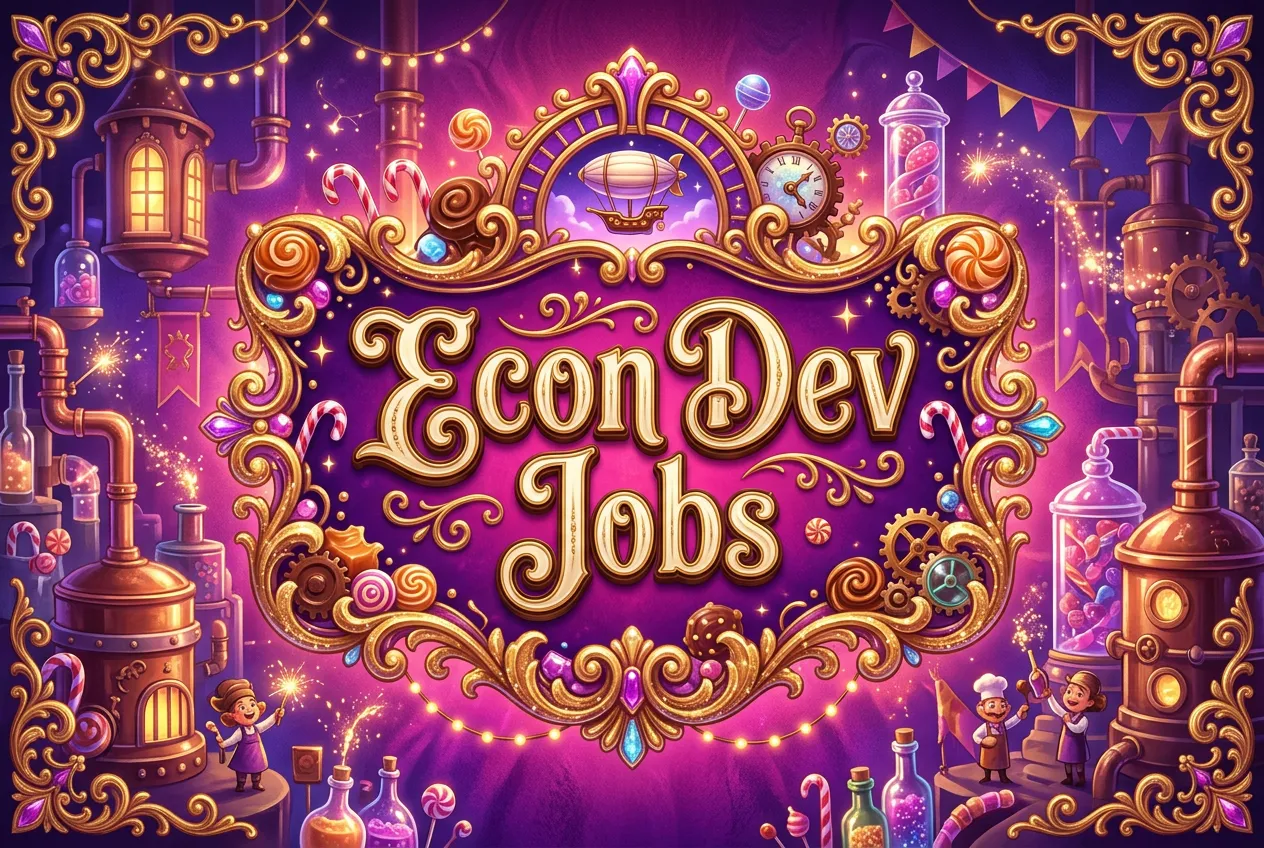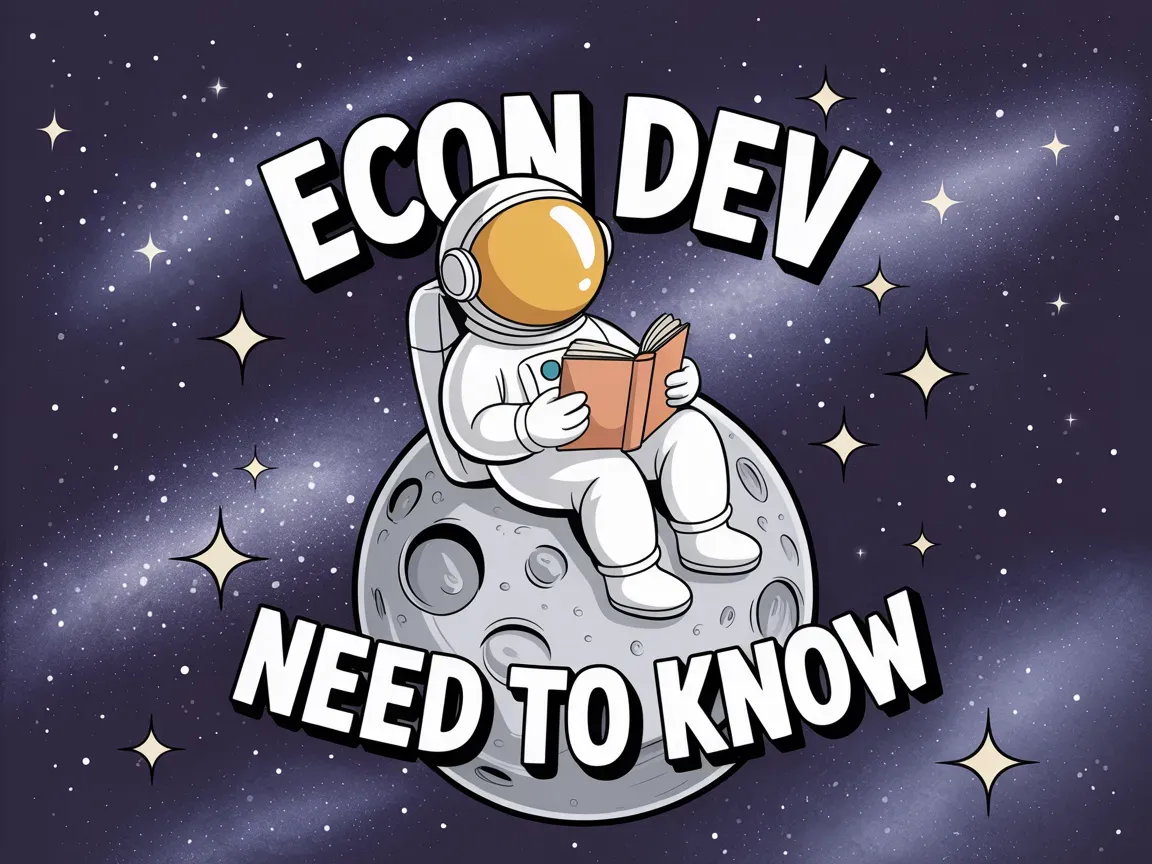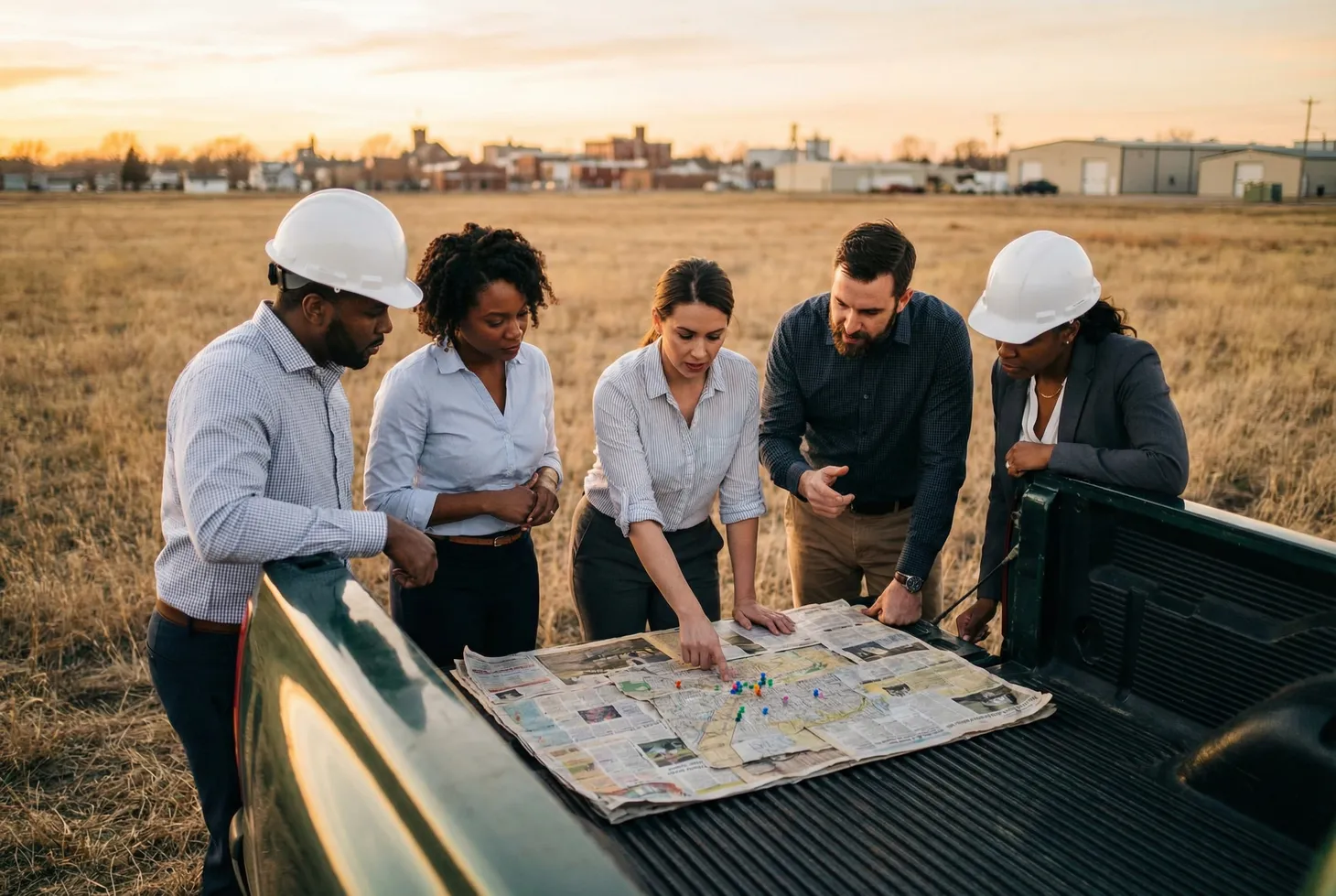Podcast Episode # 110 - Counting What Counts: A Data-Backed Path to Community Revival with Jon Maynard
The data says your town's dying; are you gonna do something or just keep complaining?
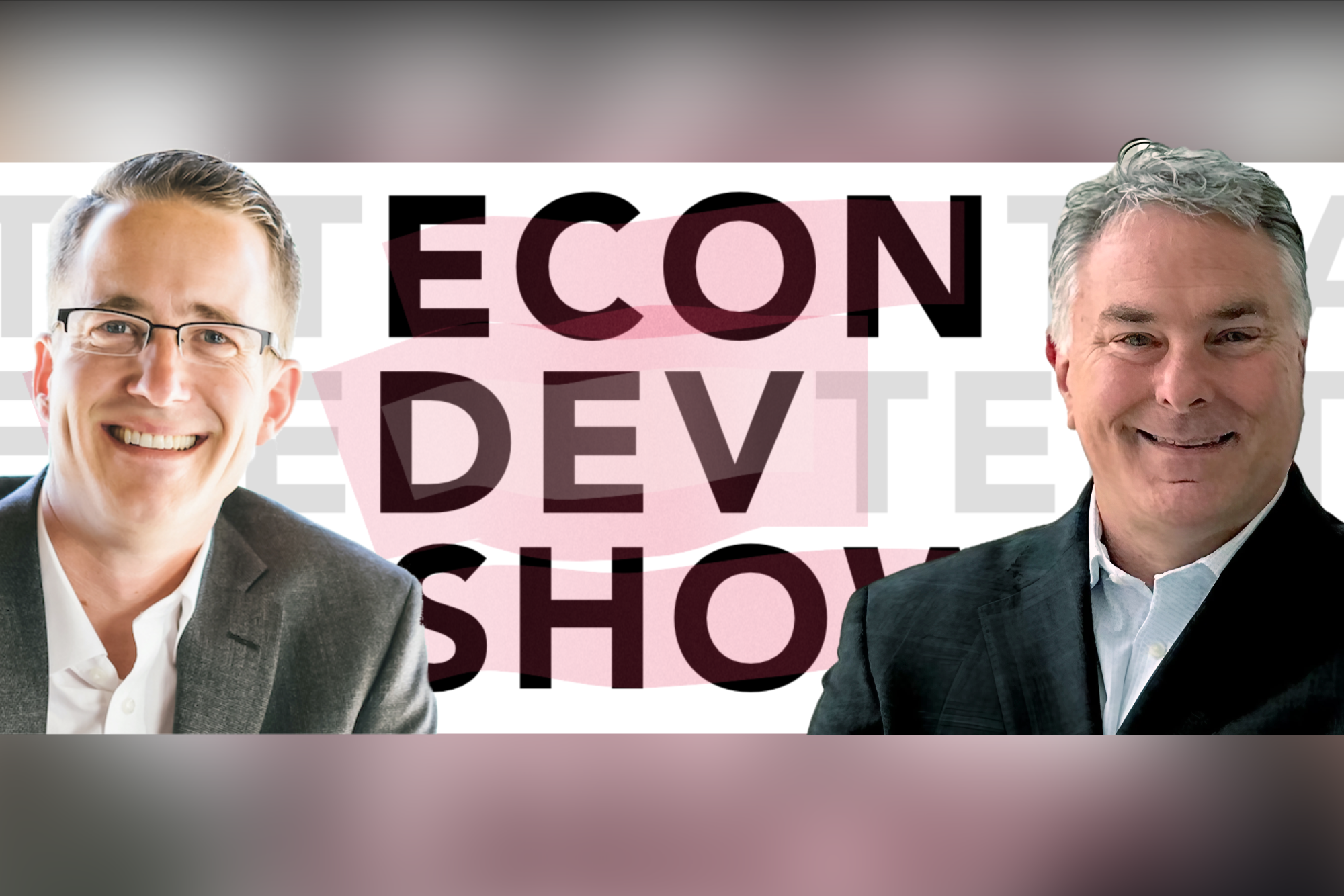
Table of Contents
Episode 110 of the Econ Dev Show Podcast is live.
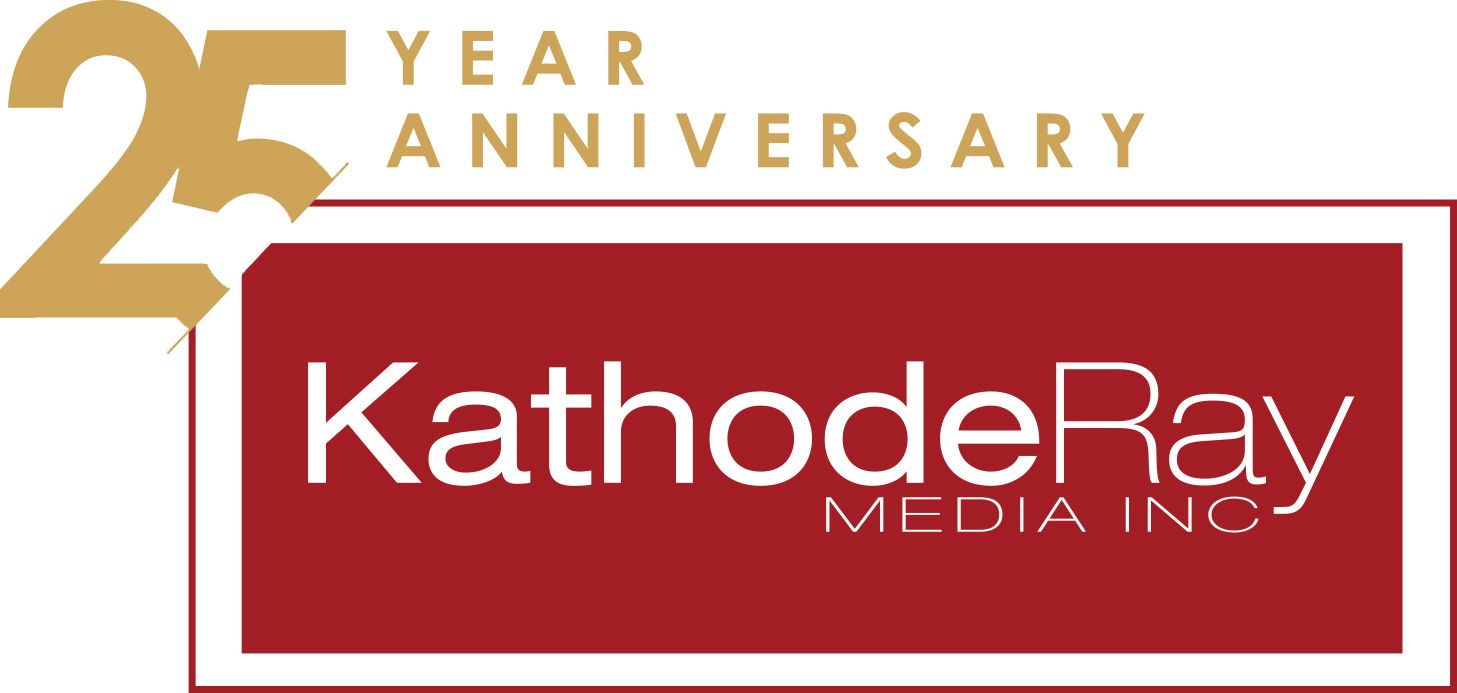
KathodeRay
KathodeRay is a full-service marketing agency that connects government organizations to their community. This small (but mighty) woman-owned and operated marketing agency can help your community thrive. They use tried and true methods to connect your organization to your residents using social, digital, and traditional media.
In this episode, Dane talks with Jon Maynard.
Jon has worked in economic development for over 15 years. In that time, he's come to believe that the traditional model of recruiting big employers doesn't work well for most small towns. Instead, he advocates for what he calls "tropical fish" economic development - building a vibrant community "reef" that will naturally attract residents, entrepreneurs and small businesses.
The foundation of Maynard's approach is caring deeply about the town and its people. A declining "give a damn factor," seen in things like crumbling infrastructure, leads to a downward spiral.
The data tells the story - population loss, falling labor force, decreasing retail sales all stem from neglecting quality of place and opportunity. Maynard helps towns turn the tide by focusing economic development inward. This means supporting local entrepreneurs, partnering with schools, and collaborating with arts groups.
Ultimately, Maynard wants to spread the word that people-centered development is possible everywhere.
He recently launched a consulting firm, Infinite Sequence Economics, to provide affordable expertise to communities trying to take a new path. His goal is to share ideas, find gaps, and hold towns accountable for real change.
Like this show? Please leave us a review here — even one sentence helps!
Episode Links
- Jon Maynard | LinkedIn
- Jon Maynard: Economic Development and Tropical Fish | TED Talk
- Promoting Prosperity in Mississippi | Institute for Market Studies
- Sequence Economics Economic Development Consulting
- Blog | Sequence Economics
- Startup Communities: Building an Entrepreneurial Ecosystem in Your City by Brad Feld
Episode Takeaways
Traditional recruitment of big employers often doesn't work for small towns.
- Attracting large corporations can be a high-stakes gamble that doesn't always pay off; instead, it often leads to unsustainable growth and a neglect of local resources.
A "give a damn factor" about the people and town leads to better economic outcomes.
- When a community truly cares about its people and surroundings, it leads to not just financial growth, but a thriving, vibrant community that attracts entrepreneurs, residents, and small businesses.
Use free public data to benchmark and track community health over time.
- By utilizing publicly available data, towns can objectively measure their progress and make informed decisions on where to allocate resources for the greatest impact.
Support local entrepreneurs and small businesses to drive growth from within.
- Investing in local talent and enterprise creates a more resilient economy that is less dependent on external factors and contributes to the overall well-being of the community.
Partner with schools and educators to align workforce priorities.
- Engaging with educational institutions helps to ensure that the local workforce is equipped with the skills needed to meet the demands of evolving job markets.
Collaborate with arts groups to engage local creatives.
- By working closely with the local arts scene, communities can create a more enriched, diverse culture that not only attracts residents but also fosters local talent.
Maintain infrastructure and invest in quality of place.
- Ensuring that infrastructure is in good condition and making places aesthetically pleasing not only improves quality of life but also makes a town more attractive to potential residents and businesses.
Tailor strategies to both Main Street and high-growth companies.
- A nuanced approach that supports both small, local businesses and scalable, high-growth companies ensures a diverse and resilient economic landscape.
Share ideas and find gaps to refine economic development strategies.
- Open dialogue and a willingness to adapt can uncover weaknesses in current strategies, leading to more effective planning for sustainable growth.
Create accountability for implementing plans, not just making them.
- Effective economic development requires follow-through; setting up clear metrics and accountability mechanisms ensures that well-laid plans translate into tangible improvements.
Econ Dev Show Newsletter
Join the newsletter to receive the latest updates in your inbox.
